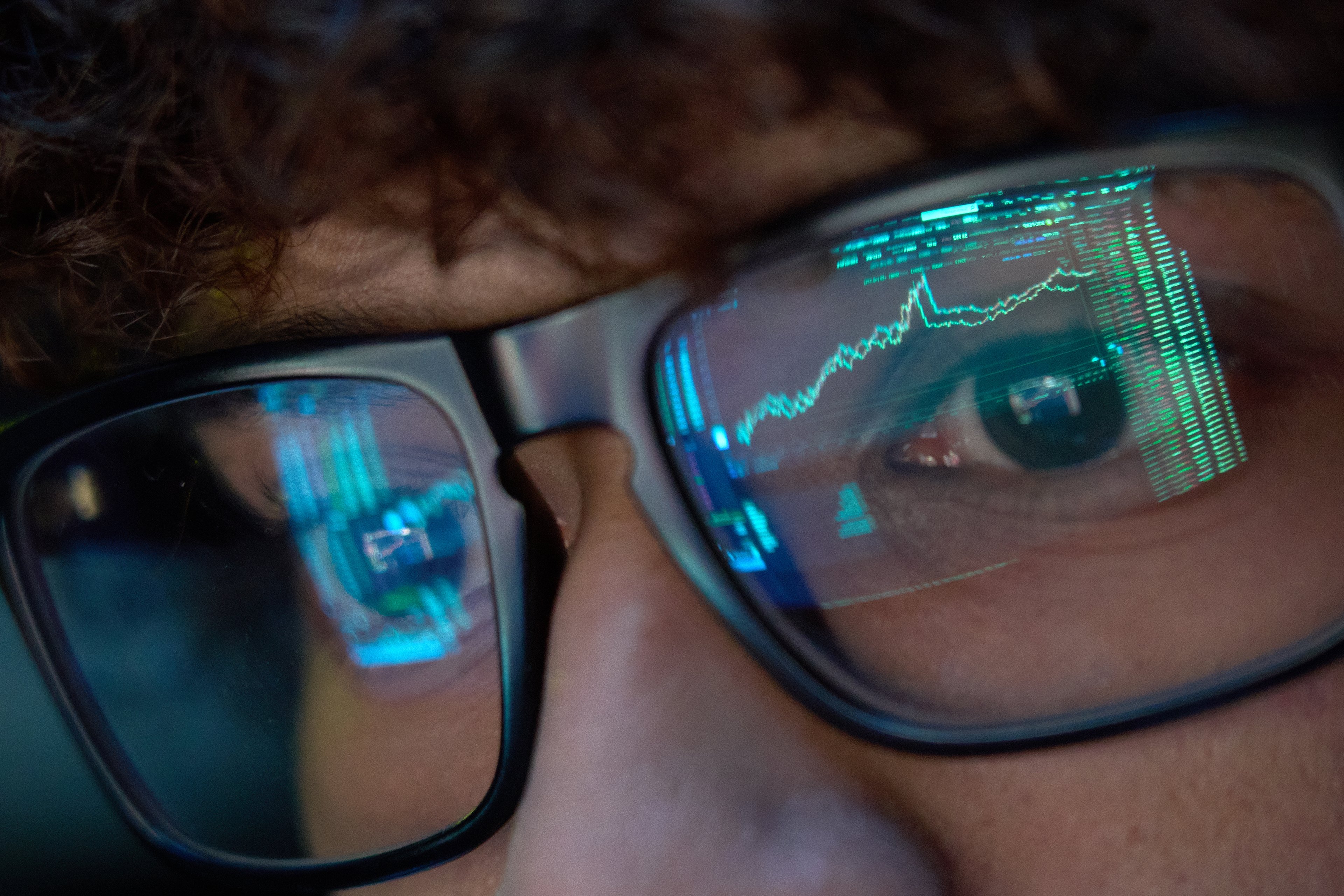By know you've probably heard that eBay (EBAY 1.81%) has begun taking its online payments service offline. Thanks to a strategic partnership with Discover Financial, PayPal will be accepted in over 2 million retail locations across the U.S. by year's end. At first, PayPal will cater this service to its over 55 million domestic active account holders in an effort to raise awareness. Ultimately, the goal for PayPal is to change consumer behavior to reach for their PayPal card instead of their credit card.
It's not going to be easy, especially if Wal-Mart (WMT +2.63%) has any say in the matter.
Despite accepting PayPal online, Wal-Mart will not be accepting PayPal inside its retail stores due to the increased complexity associated with checking out. Currently, PayPal users can checkout in-store with a mobile phone number and a corresponding PIN or they can swipe a provided PayPal payment card. Of the two options, Wal-Mart is wagering that users will not want to enter a series of seemingly endless numbers during their checkout experience.
But the real reason behind Wal-Mart's stance against PayPal is the speed associated with using it at checkout. Given Wal-Mart's massive size, every one second spent checking out costs the company $12 million per year. Shave a few seconds off the average checkout time and it's easy to see how essential a speedy checkout is to its business. For the retailers that operate on Wal-Mart's level of scale, embracing PayPal is a decidedly tough sell.
The workaround
For whale-sized retailers, PayPal has developed a little workaround known as self-checkout. Last year, McDonald's (MCD +0.44%) ran a 30-store trial in France to test PayPal's self-checkout operation, which ultimately aims to reduce the number of cashiers needed to function. Customers place and pay for their orders on a smartphone and then wait in a queue to pick up their food.
Although it's unclear if the test was a success, McDonald's CEO Don Thompson recently reiterated the company's commitment to mobile. Ultimately, he believes that mobile services like payments will be a major component of the company's future.
An almost slam dunk
Undoubtedly, winning Wal-Mart's business would be a huge deal for PayPal since it's a relatively small business in terms of enabling commerce. To put matters in perspective, if PayPal can capture just 1% of the point-of-sale market, it would double PayPal's entire business. In other words, PayPal doesn't need to hit a home run in the offline world for it to greatly benefit its business.
I suppose it all comes down to changing customer behavior. Self-checkout may be just the ticket.








